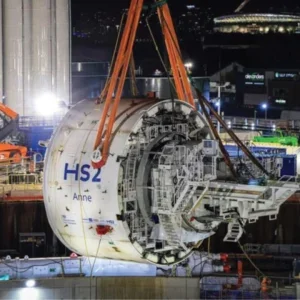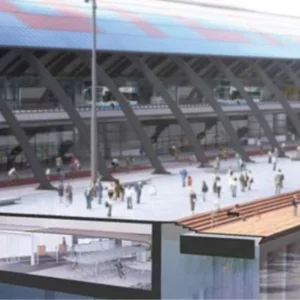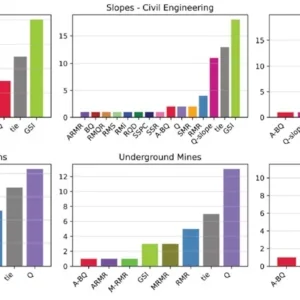So the global economy has taken yet another down turn. As I write, the stock markets have tumbled on the US, Asia and this morning European stock exchanges. The biggest fall since 2008. Greece has defaulted on its loans. Spain and Italy are both crying out for EU assistance in paying back their debts. The Germans look grim-faced as theirs and others’ dream of a single and stable European currency proves to be unachievable.
The US sent shivers down the collective spine of the ratings agencies when it voted to raise the limit on its borrowing. And Standard and Poor’s reacted by downgrading the country’s credit rating from AAA to AA+. If the US, the world’s largest economy, can’t manage its debt and Europe can’t get a handle on its crisis, the coming years will be very harsh. Perhaps it is too soon to speak of a double dip recession. Perhaps not.
Daily newspapers are awash with stories questioning whether the failed Greek bailout would inspire market confidence by showing that faltering Eurozone countries are backed up by their larger siblings. But instead many see it as an unsuccessful knee-jerk, panicked defence of the single currency Eden. The hopes and fears of the masses are suddenly causing sleepless nights in many an ivory tower.
Like many of you I am wondering what this could mean for tunnelling. T&TI has started running opinion polls, sent out over email every Thursday in the weekly newsletter. More than 10,000 readers receive the email and voters last week gave hope for the tunnelling industry in casting their vote. Some 77.8 per cent of respondents said that the industry was supported by emerging economies over developed economies.
If these voters accurately reflect the industry, then as a whole the tunneling industry might not fare too badly. The large manufactures and consultants can find business supporting the still rapidly developing economies of India and China. International contractors can join consortiums in the regions while more local contractors may struggle.
The Middle East has offered further hope this month. On page 14 Bernadette Ballantyne goes into detail on Qatar’s infrastructure plans, much of which is underground and needed for the 2022 FIFA World Cup. As T&TI goes to press, bids have been called for the Doha Metro project. The Qatari government has made clear that no projects will be won without the involvement of both international and local firms – good news for tunnellers.
But the largest economies are still home to the biggest tunnelling projects and it is vital that tunnellers protect them. Italy is on the brink of a very major crisis and that can not be allowed to disrupt the Bologna to Florence motorway’s Sparvo tunnel, which is currently employing the worlds largest TBM. Likewise the Seattle viaduct replacement scheme, which has just ordered the next record breaking TBM at 17.7m from Hitachi Zosen, must not fall foul of any cost cutting stemming from the latest economic turmoil.
The industry’s best lobbyists from the local and international associations and the largest tunnelling firms are going to have to work hard to protect our projects and ensure that any double dip in the economy is not seen in tunnelling.
Jon Young






